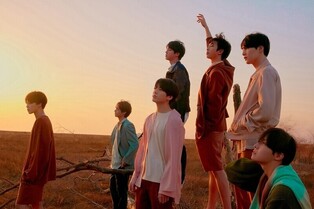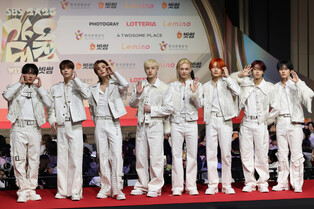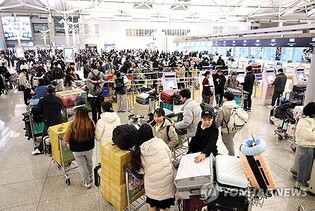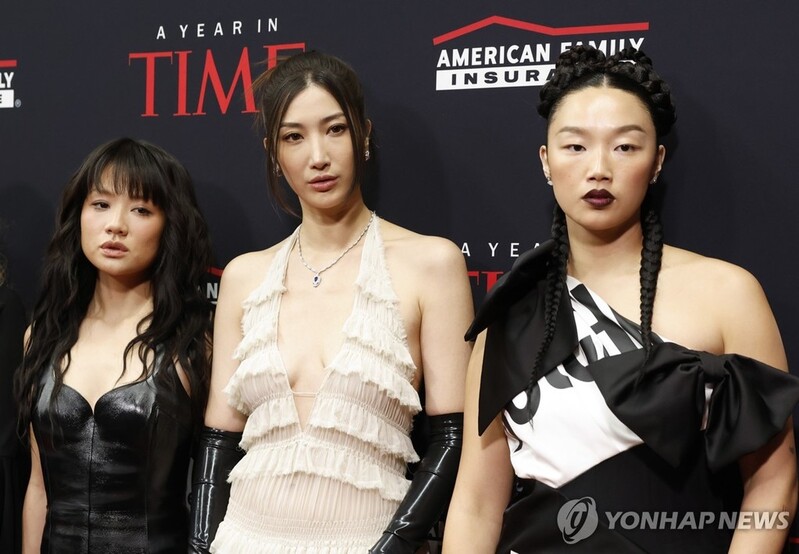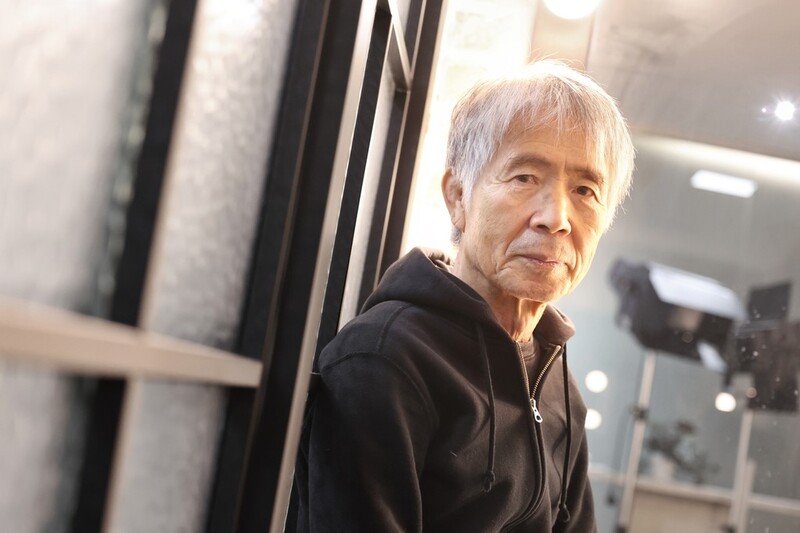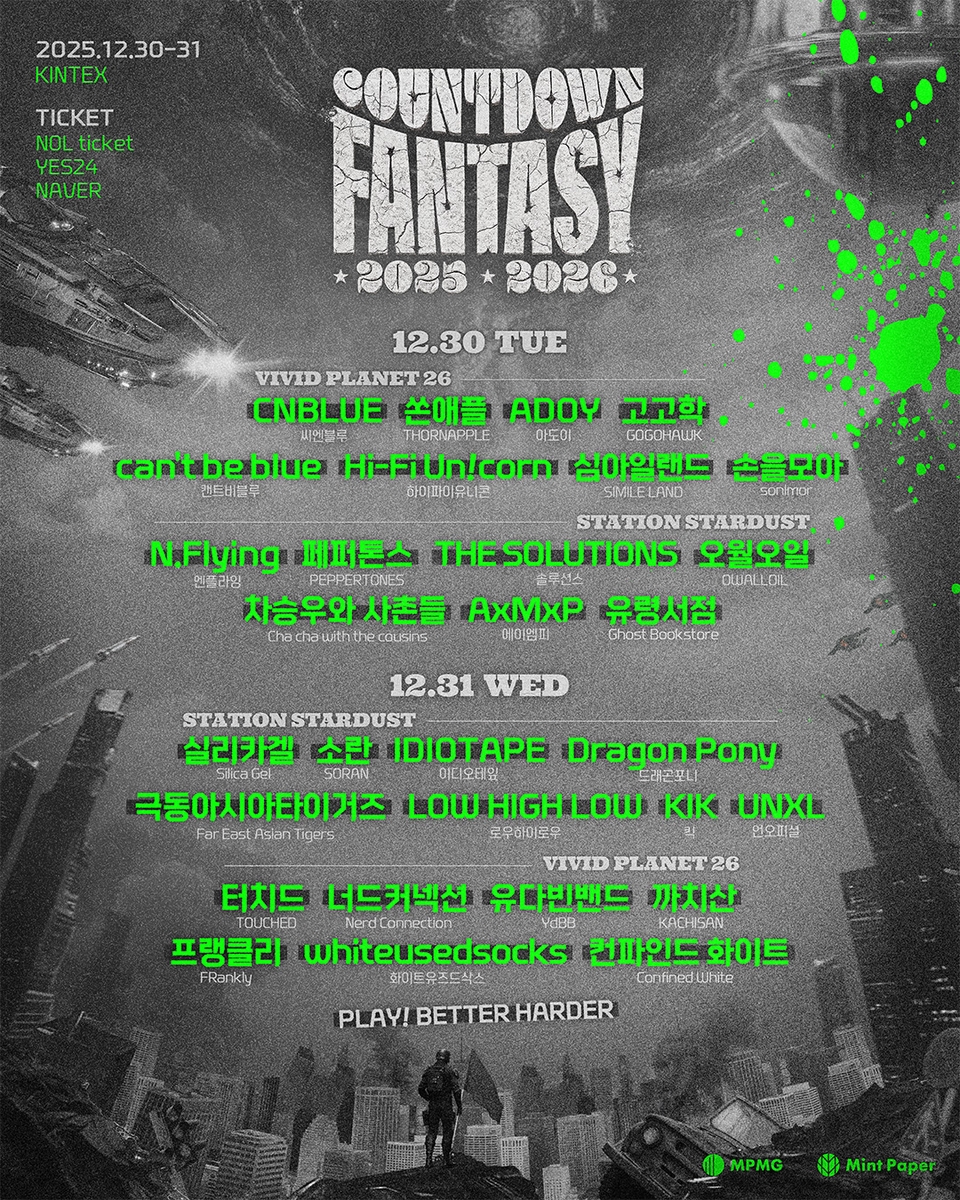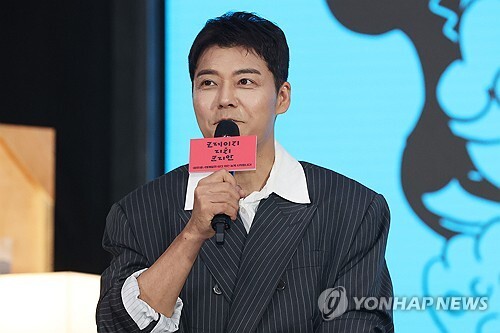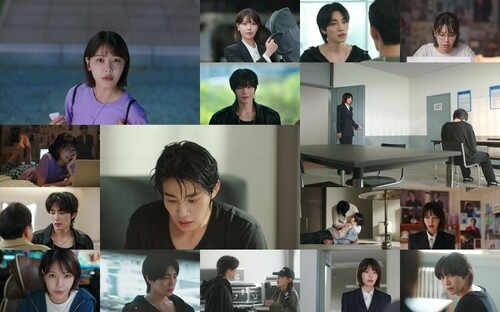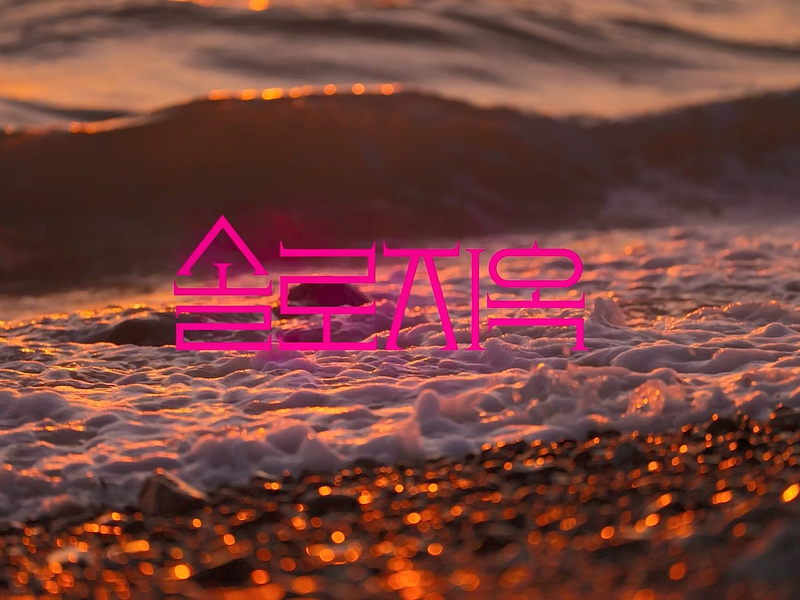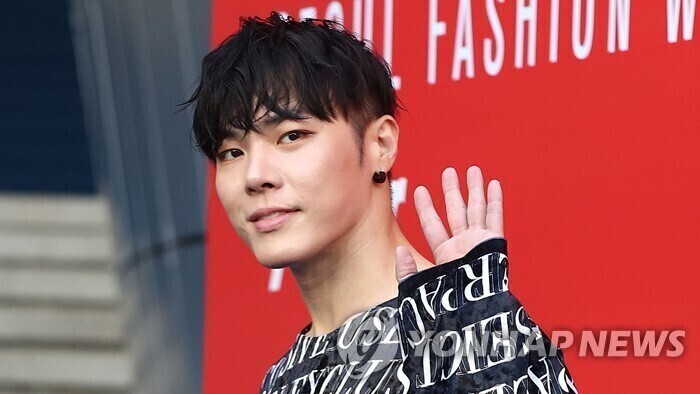 |
| ▲ This image of K-pop singer Wheesung (Realslow) is captured from Yonhap News TV. (Yonhap) |
SEOUL, March 11 (Yonhap) -- The entertainment industry is in mourning after the death of singer Wheesung, who passed away on Monday at the age of 43.
Having gained immense popularity with hits like Can’t We and Incurable Disease, his passing follows a string of tragic news in the industry.
With the mental toll of fluctuating fame and malicious online comments, experts are once again emphasizing the need for agencies to provide meticulous support and psychological care for their artists.
In just the past four months, several celebrities have passed away unexpectedly, including actor Song Jae-rim (November last year), actress Kim Sae-ron (February this year), and Wheesung. While their circumstances differed, the fact that they left us in their prime—between their 20s and 40s—has left fans and the public heartbroken.
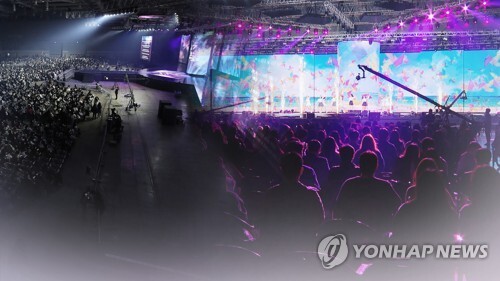 |
| ▲ CG screenshot from Yonhap News TV (PHOTO NOT FOR SALE) (Yonhap) |
Industry insiders point out that, despite their glamorous public personas, celebrities face immense personal challenges. They live under constant pressure to always present a "good image" and cannot escape fierce competition with an endless wave of rising stars.
One well-known actor, who avoids public appearances, once confided, “Unlike my on-screen roles, I find it difficult to attend events with large crowds. I feel most comfortable being alone.”
Additionally, the unstable nature of their income means that any career disruption can quickly lead to financial difficulties. Actor Ryu Seung-soo once expressed on MBC’s Radio Star in 2019, “I wish nobody knew me, but I had lots of money.” Many entertainers resonated with his words, reflecting the unique struggles of their profession.
Kim Sae-ron, for example, reportedly faced financial hardship after her career stalled following a drunk driving incident in 2022. While the accident was undoubtedly her fault, years of online criticism and malicious comments likely took a psychological toll.
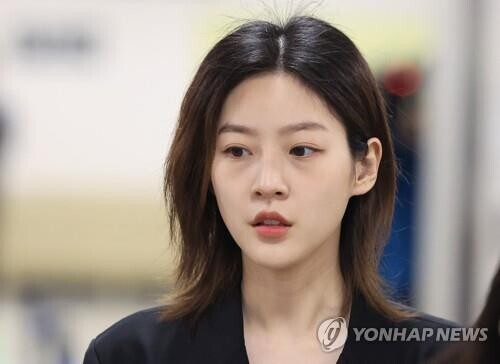 |
| ▲ Actress Kim Sae-ron appears for a sentencing trial at the Seoul Central District Court on April 5 |
Similarly, Wheesung had battled depression, panic disorder, and insomnia in the past—struggles that ultimately led to his habitual use of propofol, a powerful sedative.
In a past interview with Yonhap News, he admitted, “Ever since I became singer Wheesung, I’ve been reserved at home, perhaps due to stress or not wanting to be a burden. I don't think I was a particularly good son. I wouldn’t say I ‘succeeded’—it feels more like I ‘survived’ due to my inferiority complex, self-doubt, curiosity, and adventurous spirit.”
A veteran manager with 30 years of experience explained, “Celebrities start their careers as trainees in their teens, living highly regimented lives. Their managers even handle personal errands, like withdrawing cash from ATMs. Because of this, they become dependent, struggle to go out freely, and have limited social circles. It’s only natural that they are emotionally vulnerable.”
He added, “Before performances, they are overwhelmed by pressure to succeed, and once the show is over, they experience deep emptiness. When these emotions pile up, some may be tempted to rely on unhealthy coping mechanisms.”
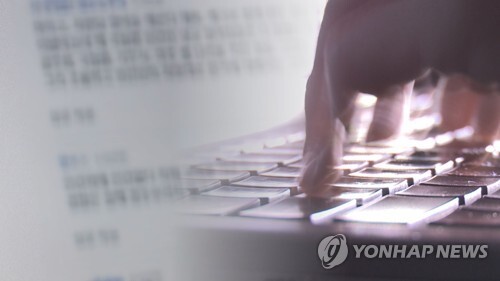 |
| ▲ CG screenshot from Yonhap News TV (PHOTO NOT FOR SALE) (Yonhap) |
This is why experts are urging agencies to implement more structured mental health support systems tailored to their artists' needs.
Some major entertainment companies, especially those managing idol groups, have started incorporating such systems. A few even have in-house medical staff to provide psychological counseling and treatment.
An executive from a major agency stated, “Since idol singers spend nearly all their time with agency staff, if we observe signs of depression or emotional instability, we recommend psychological counseling or psychiatric treatment. It’s essential that they receive help from professionals rather than just relying on those around them.”
However, the reality is that smaller agencies lack the resources to establish such support systems, leaving many celebrities without proper mental health care.
Kwak Keum-joo, a psychology professor emeritus at Seoul National University, noted, “Celebrities and artists tend to have more sensitive and delicate emotions than others, making them more susceptible to stress and psychological distress. Unfortunately, our society often holds them to excessively high moral standards, almost as if they were public officials. Even minor mistakes lead to public scrutiny and intense backlash. We need to foster a culture of understanding rather than condemnation.”
(C) Yonhap News Agency. All Rights Reserved







